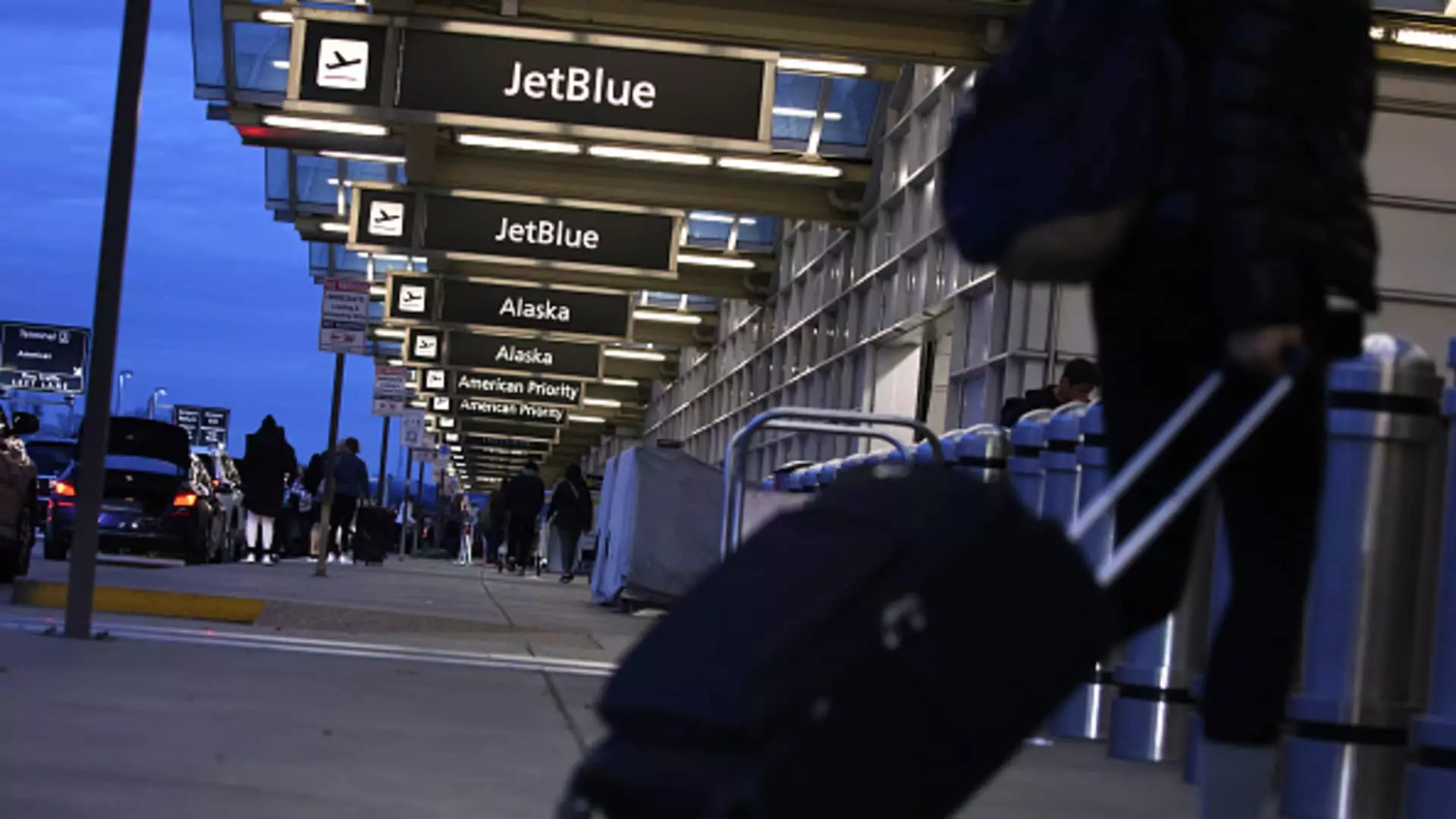JetBlue Airways is currently undertaking significant adjustments to its operational strategies, predominantly aimed at cost reduction and revenue enhancement. This initiative comes as the airline faces challenges, particularly related to a recall of Pratt & Whitney engines that have impacted flight operations. In an effort to alleviate financial pressures, JetBlue has opened the door for select pilots to opt for early retirement packages, as communicated by the Air Line Pilots Association (ALPA) to its members.
These voluntary separation agreements represent a strategic move by JetBlue to reshape its workforce while minimizing redundancy costs. The initiative appears to provide dual benefits: reducing labor expenses for the airline and granting opportunities for pilots considering retirement before reaching the federally mandated retirement age of 65.
Details of the Retirement Offer
The specifics of the early retirement options, as detailed by ALPA, indicate a well-structured financial incentive for eligible pilots. The offer allows pilots who are 59 or older to choose a retirement path that provides compensation equivalent to 55 hours of their hourly wage, extending until either their retirement day or 18 months following the separation, depending on which condition is met first.
This type of package can be particularly appealing given the financial uncertainties many pilots may be facing while dealing with the broader impacts of the industry, including pandemic-related fluctuations and operational difficulties. For instance, the financial agreement illustrates that an Airbus A320 captain nearing retirement could be compensated significantly—over $416,000—while an Embraer E190 captain would receive approximately $160,000. Such monetary incentives may encourage many to consider stepping back from active flying earlier than usual.
Implications and Industry Outlook
The choice of offering early retirement packages not only reflects JetBlue’s need to streamline operations but also highlights the ongoing evolution of the pilot workforce amid changing market dynamics. As the airline prepares for upcoming quarterly results, stakeholders are keenly observing how these cost-cutting measures will affect future profitability and service quality.
Additionally, the retirement offer by JetBlue could signal a broader trend in the airline industry, where airlines are similarly seeking to adjust their workforce in response to fluctuating demand and economic pressures. As airlines navigate these challenges, the engagement with union representatives like ALPA is crucial, ensuring that such transitions are handled with care and transparency.
JetBlue’s strategy to offer early retirement to its pilots encapsulates a confluence of financial prudence and operational necessity. It remains to be seen how effective these measures will be in stabilizing the airline’s operations while maintaining a focus on enhancing customer experience through initiatives like introducing first-class seating options. If executed successfully, these strategies could position JetBlue favorably within a highly competitive marketplace.

